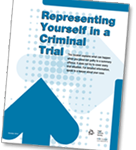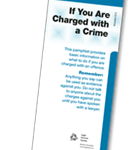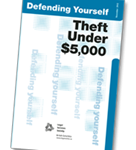Client Data and Privacy Laws for Small Organizations Event
The BC Civil Liberties Association and the BC Freedom of Information and Privacy Association held an event on January 22nd titled “Privacy Issues Facing Small Organizations”. This informative breakfast workshop described the basics that small organizations need to know about client data privacy laws, such as:
- Good privacy policy creates and maintains trust with your clients. Clients need to know what level of confidentiality you can offer.
- Valid consent includes both express and implied.
- Your clients have the legal right to withdraw consent at any point, even after it has been given, and even if it will effect service provision.
- The Personal Information Protection Act protects your right to collect, use, and disclose client information, but also places limits on how and to what extent those practices occur.
- Once you collect data from your clients, it is in your control, even if it is not in your custody. You are responsible for data disposal. If you use a 3rd party data storage provider, then you need to know how secure the data is.
- The Information and Privacy Commissioner of B.C. oversees compliance with provincial privacy laws.
- A paper titled “BC Civil Liberties Association’s Online Communications Strategy” was distributed. Further resources are available at the Clicklaw topic Privacy & access to information.




